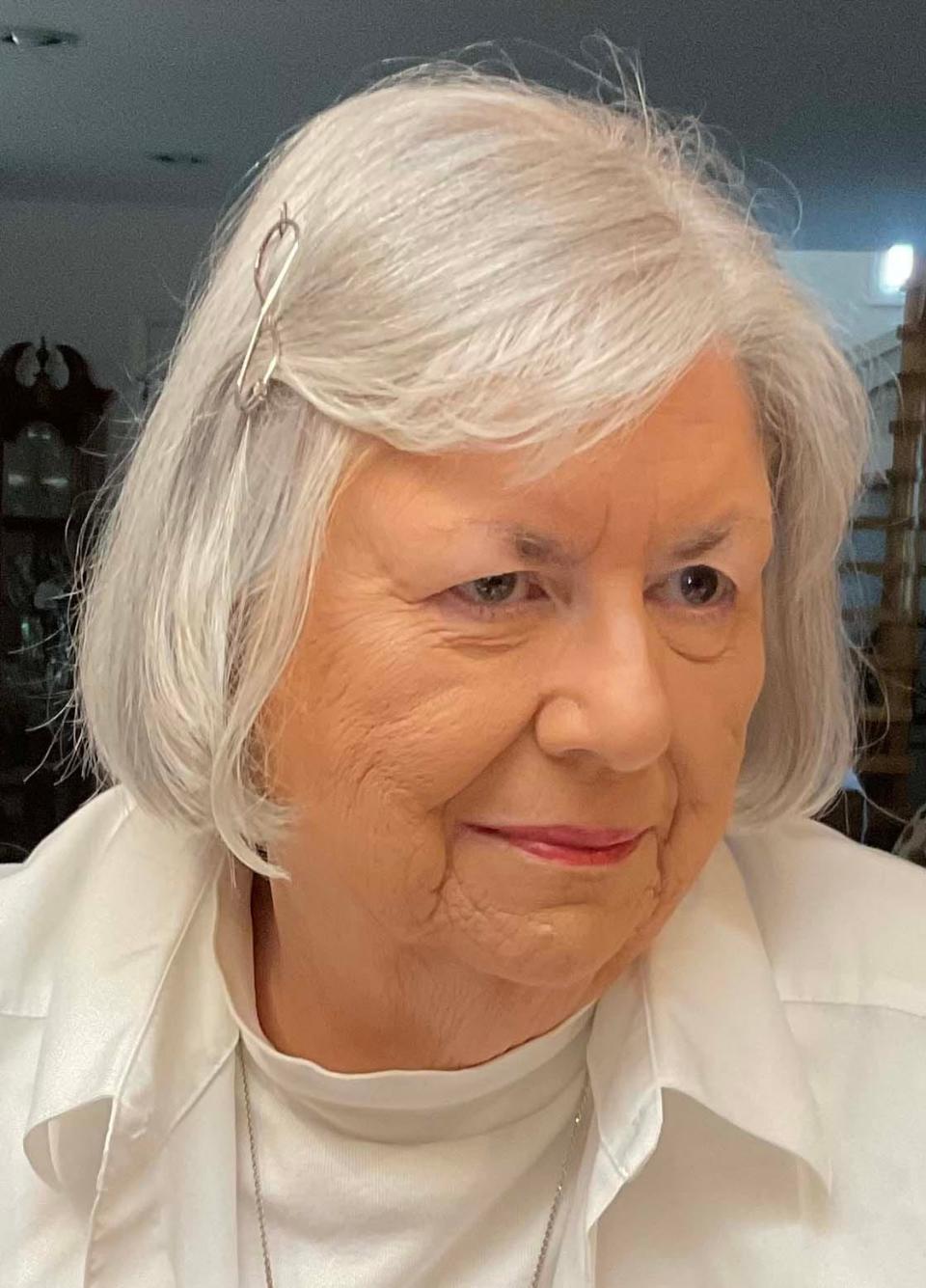Stop doling out money
- Oops!Something went wrong.Please try again later.
“Stop doling out money to your adult children. It doesn’t help,” writes Michelle Singletary, financial writer for the Washington Post.

Should you lend money to family or friends?
Probably not.
Is that the end of the story?
Probably not.
If one of your adult children comes to you asking to borrow money, what do you say? It depends. Does this “child” and his family eat out most of the time, drive big cars, have the latest video game and stream every service available? Do the children wear expensive sneakers?
What if your daughter has breast cancer and insurance is not covering all the bills? What if one of your grandchildren has a debilitating chronic condition that keeps her hospitalized?
What if a friend with a gambling problem needs help covering debts that he does not want his spouse to know about?
It’s complicated.
First of all, if you accept the need, can you afford to give the money to the would-be borrower instead of lending it? Then, do you need to make it clear that the well is now dry, that you cannot provide further financial aid?
Some planners contend that whether you give money or lend money to family or friends, it’s the same thing, meaning you probably are not going to be paid back.
If a borrower defaults on repayment to you, will it break the relationship for you? It might be interesting to have guests at your Thanksgiving table who owe you $10,000 - perhaps awkward for them and for you, especially if those guests are defaulting.
When there are continuing requests for money, it’s pretty clear there are some troublesome underlying issues. The person probably needs budgeting help and sessions with a non-profit counseling agency - and perhaps an upgraded job.
Writing for “nextavenue,” certified financial planner Lazetta Rainey Braxton says that “fear, obligation and guilt pull heartstrings and cloud judgement” when it comes to lending money. People tiptoe around finding out what is going on. She suggests asking yourself and the would-be borrower some of the following questions.
For you:
“Are you willing to lose the money?
Are you willing to let the money jeopardize your relationship with the borrower?
For the borrower:
Why do you need the money?
What is your plan for repaying the money?
If your credit score is 700 or lower, what affected it?
Why do you think I have the money to lend?”
If someone asks to borrow money, can you ask to see his budget? Of course, you can. That is hardly more invasive than his asking for money.
Medical debt in our country can be the result of what many planners see as a terribly broken healthcare system. Medical debt can be such a slippery slope toward medical bankruptcy for a family that many may need professional help from a low-cost consumer counseling service.
Singletary says that if you do decide to loan money, “Make it legit. Get in writing all the loan terms such as when you expect to be paid back and the consequences if you aren’t.”
You need to talk to an accountant about interest, including low-interest and no-interest rate loans. If you are lending a large sum, you probably need an attorney.
As difficult as having adult children ask to borrow money, the question can sometimes be turned on its head: what do adult children do if their parents want to borrow money? That is a whole different discussion because something is terribly wrong. Budget work and credit counseling become critical.
As parents go through retirement, they surely want to be able to take care of themselves. Shakespeare may have had it right all along: “Neither a borrower nor a lender be for loan oft loses both itself and friend.”
Martha Moore Hobson was an early certified financial planner in the region. She wrote a monthly column for “Senior Living” from its inception until it's end last month, perhaps 25 years. Although retired, she is a community volunteer.
This article originally appeared on Oakridger: Stop doling out money

